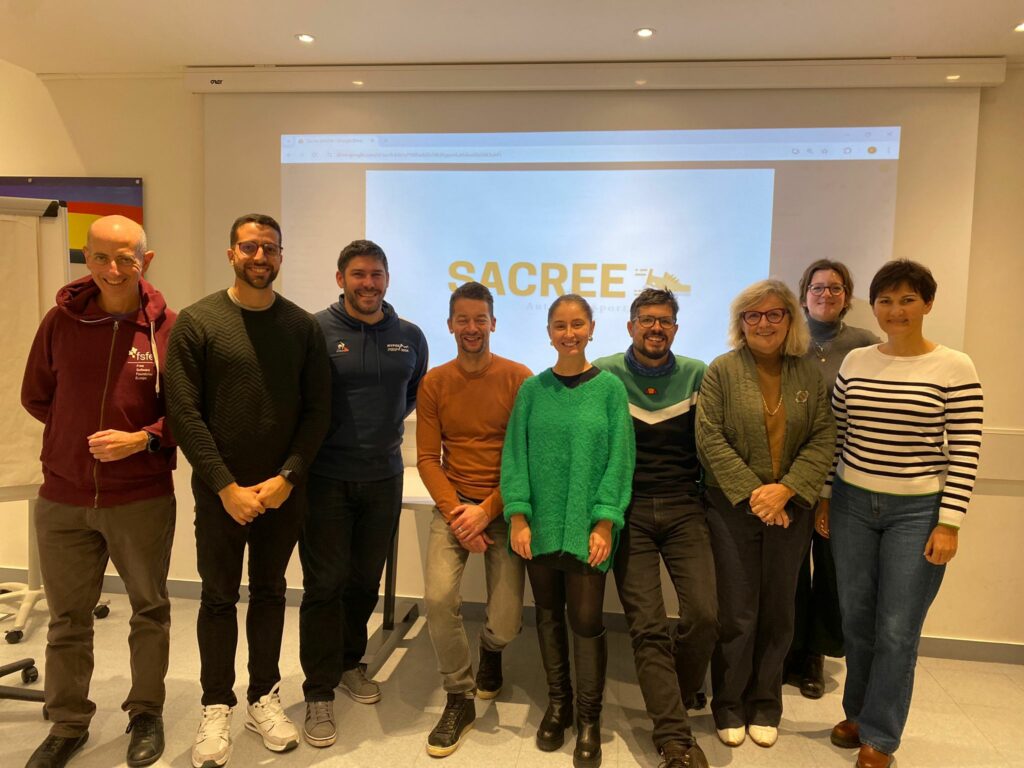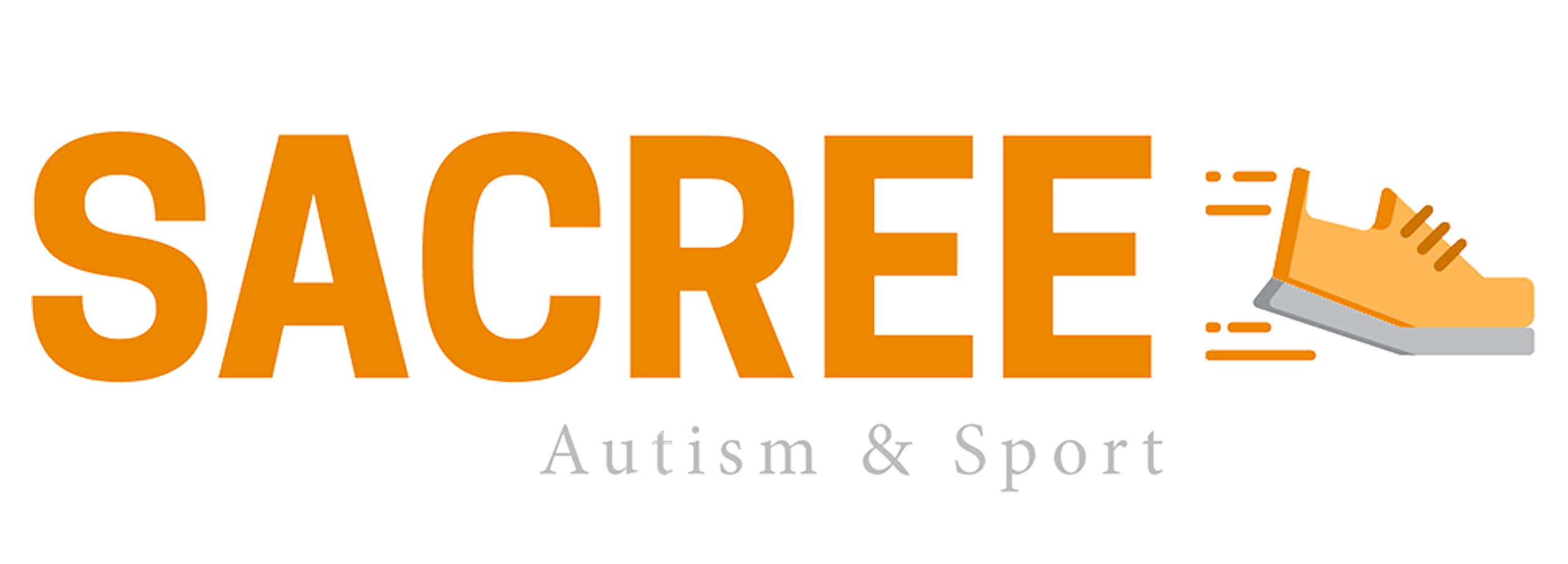In November last year, FSASPTT hosted a transnational project meeting that brought the Sacree consortium and stakeholders together to explore the transformative potential of sports for the autism community. The project, which aims to create inclusive, supportive sport environments and foster collaboration across diverse fields to enhance accessibility and participation in sports, is currently approaching its final stages. As we face these exciting next steps, the meeting marked a key step in our collaborative work.

Discussing the in-field tests and scientific progress
The meeting, which took place in the French National Olympic Committee (CNOSF) offices in Paris’s 13th arrondissement, was structured to address all sides of the upcoming tasks as well as an overview of the past reporting period. The agenda kicked off with an introduction to the project’s meeting goals and objectives, led by the project coordinator (FSASPTT). Then, a detailed presentation of the test results from the involved project countries followed, conducted by UFC. These in-field tests, both cognitive and physical, assessed the impact of sports activities on autistic people, providing valuable data on physical, social, and emotional well-being in a sportive environment. Another key focus was the existing research on understanding how tailored sports activities can support the needs of autistic athletes. The UFC team shared some of the latest research findings, exploring how specific sports interventions have led to measurable benefits, from fostering greater self-confidence to participation and access, elaborating on the fact that the Sacree scientific article has been downloaded many times.
“The Sacree scientific article has been downloaded many times.”
Communication updates and workshops
After lunch, the consortium welcomed FSASPTT federal doctor Jacques Roussel to the meeting for a brief intervention on the work in the field, followed by an update on the communication and dissemination efforts of the project. Autism-Europe presented the communication plan’s state-of-play, showcasing how the project has been raising awareness and engaging the autism community, other stakeholders, and the general public. New elements of the visual identity, which included updated branding and marketing materials for the final deliverables, were unveiled and discussed. The consortium shared ideas on how to maximise the outreach in the final stages of the project, creating new content and adhering to the updated social media planning.
A significant portion of the meeting was devoted to collaborative work in groups, focused on refining the core documents that shape the project’s impact. In groups, the consortium focused on the comprehensive guide for the sports sector, offering practical advice and strategies for supporting autistic people in sports environments, the guide tailored specifically to autistic people, providing clear and accessible information on how to navigate sports, self-advocate, and participate in a way that suits their needs, and the creation of a model for inclusive sports programs, outlining best practices, methodologies, and frameworks that can be implemented across different contexts and locations. Each group presented the discussions, contributing to finalising the structure and content of the documents. After this, we had a delightful dinner in an authentic Parisian restaurant.
Day two, preparing for the final event
As the TPM reached its second day, the participants focused on the task of planning next steps in the project’s results dissemination and final event. A key focus was the creation of a detailed list of dissemination strategies, channels, and beneficiaries for each participating country, ensuring that the project’s findings, guides, and models reach the right audiences and stakeholders. Additionally, preparations for the final event were set into motion, with plans for a high-level gathering in Brussels to showcase the project’s results, celebrate successes, and discuss the way forward. Stay close for more on this!

